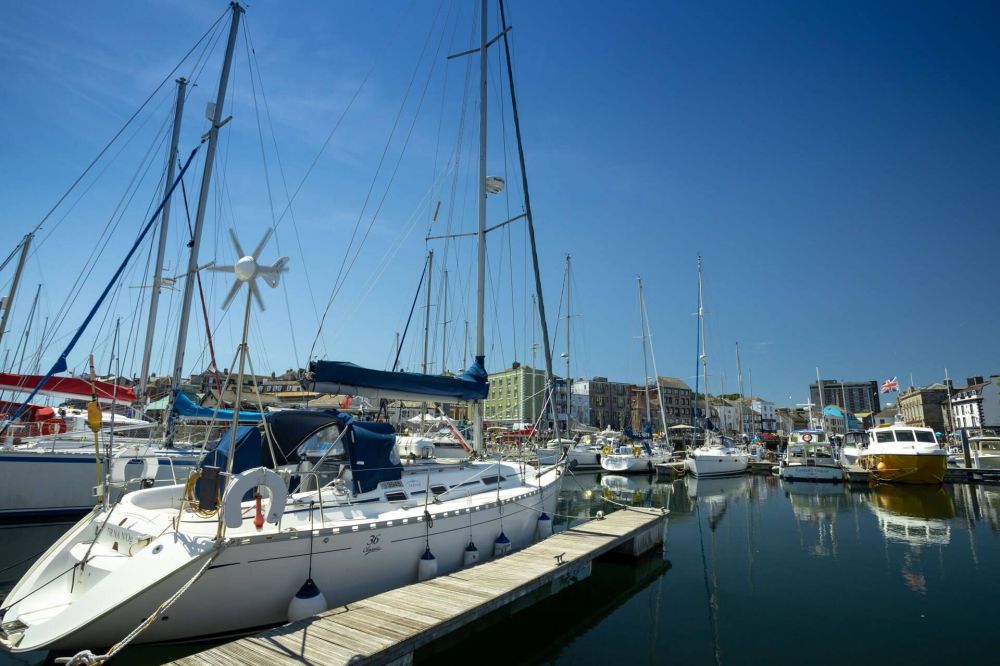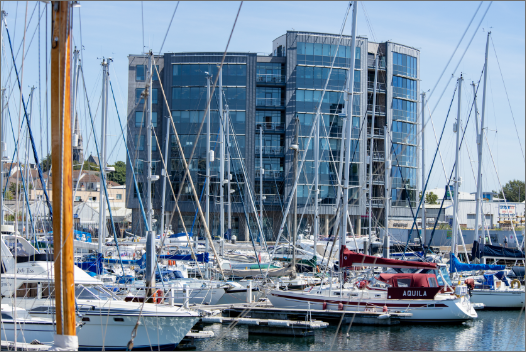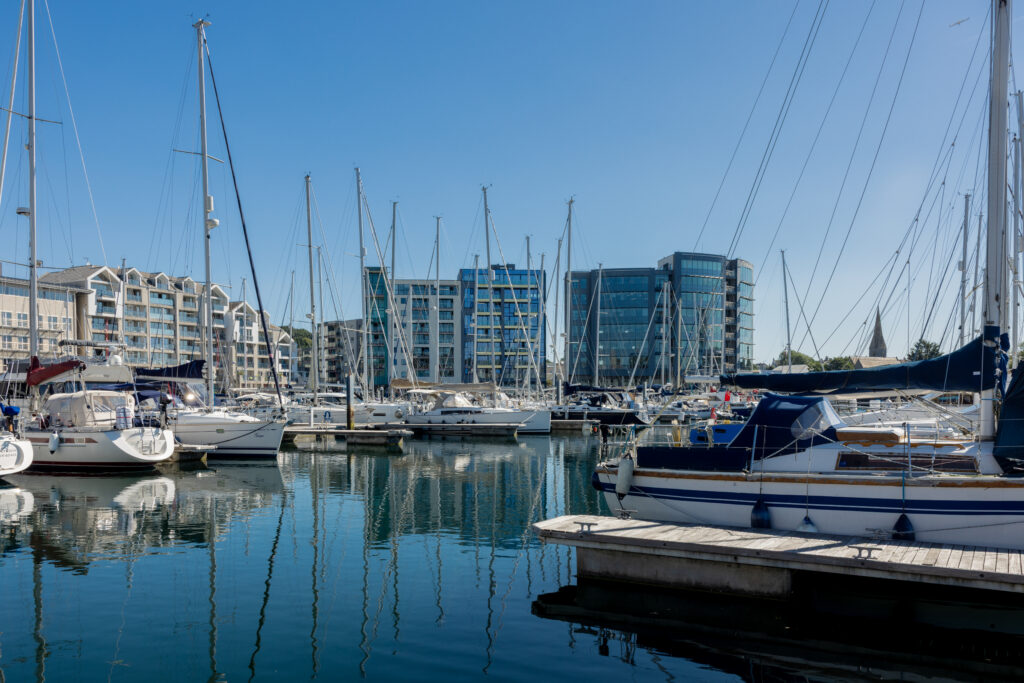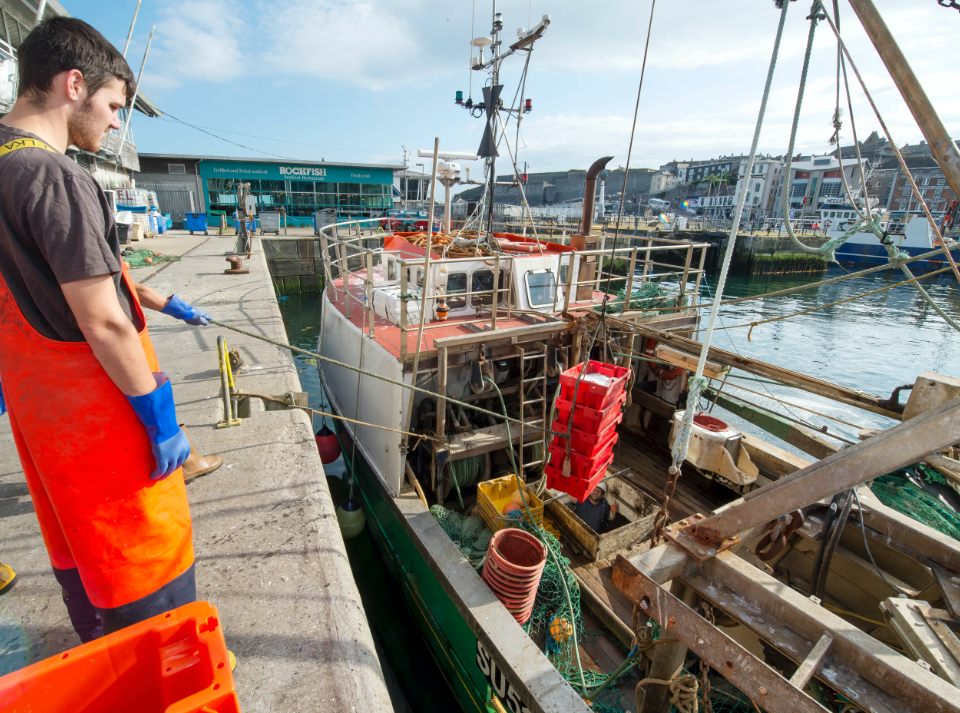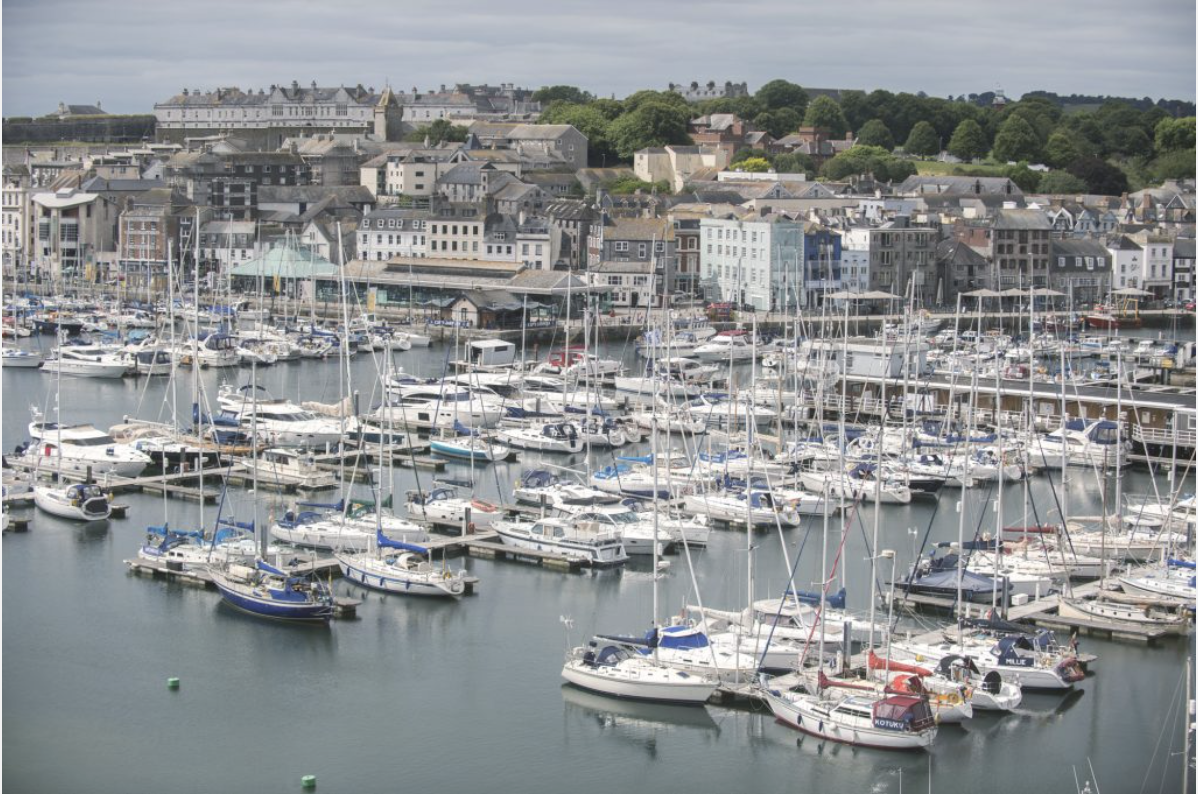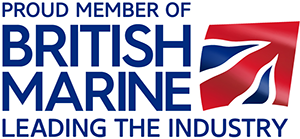Sailing offers a unique blend of adventure, relaxation, and a connection with nature. However, ensuring safety on the water is paramount.
Whether you’re an experienced sailor or a novice, following these essential safety tips will help you enjoy your time on the water.
Check the Weather
Before setting sail, always check the weather forecast. The UK’s weather can be unpredictable, and conditions can change rapidly. Look for wind speed, direction, and any potential storms. Apps and websites provide real-time updates, but having a VHF radio on board for weather alerts is also a good practice.
Wear Appropriate Gear
Always wear a life jacket, regardless of your swimming ability. Ensure it is properly fitted and rated for your weight. In colder waters, consider wearing a wetsuit or dry suit to prevent hypothermia. Footwear with a good grip can prevent slips and falls on deck.
Understand Your Vessel
Familiarise yourself with your boat’s operation and handling. Know the location of essential equipment like fire extinguishers, first aid kits, and emergency flares. Regularly check the condition of your sails, rigging, and hull. Ensure your engine, if you have one, is in good working order.
Create a Float Plan
Inform someone onshore about your sailing plans. Provide details such as your intended route, departure and return times, and the names of all on board. This information can be crucial in case of an emergency.
Learn Basic Navigation
Understanding basic navigation is vital. Familiarise yourself with nautical charts, GPS, and compass use. Pay attention to markers, buoys, and lights. Avoid relying solely on electronic navigation; always have a physical backup.
Practice Man Overboard Procedures
Know the steps to take if someone falls overboard. Practice retrieving a person from the water and ensure everyone on board is aware of the procedure. A quick response can save a life.
Monitor Your Fuel and Power
Keep track of your fuel levels and battery power. Plan your trip with enough fuel to reach your destination and return. Carry spare fuel and a manual pump if your boat has an engine.
Keep a Well-Stocked First Aid Kit
Accidents can happen, and having a well-stocked first aid kit is essential. Include items like bandages, antiseptics, pain relief, seasickness tablets, and any personal medications. Knowing basic first aid can also be extremely helpful.
Understand and Follow Maritime Laws
Familiarise yourself with local maritime laws and regulations. In the UK, this includes knowing the “Rules of the Road” at sea, such as right of way, speed limits, and safety zones. Compliance with these laws ensures safety for you and other water users.
Stay Hydrated and Nourished
Bring plenty of water and snacks. Dehydration and fatigue can impair your ability to make sound decisions. Avoid alcohol while sailing, as it can impair judgment and reaction times.
Use VHF Radio Effectively
A VHF radio is crucial for communication. Learn how to use it properly, and understand the distress and calling channels. Regularly check that your radio is functioning correctly.
Be Prepared for Emergencies
Have an emergency plan in place. This includes knowing how to send a distress signal, use emergency flares, and activate an EPIRB (Emergency Position Indicating Radio Beacon). Regularly conduct emergency drills.
Respect the Environment
Sail responsibly by minimising your impact on the environment. Avoid dumping waste overboard, and be mindful of marine life and habitats. Use eco-friendly products where possible.
Stay Sober
Operating a vessel under the influence of alcohol or drugs is illegal and dangerous. Stay sober to ensure you can make quick and accurate decisions.
By following these safety tips, you can help ensure that your sailing adventures are enjoyable and incident-free. Preparation, knowledge, and vigilance are key to a safe and pleasant experience on the water. Happy sailing!

